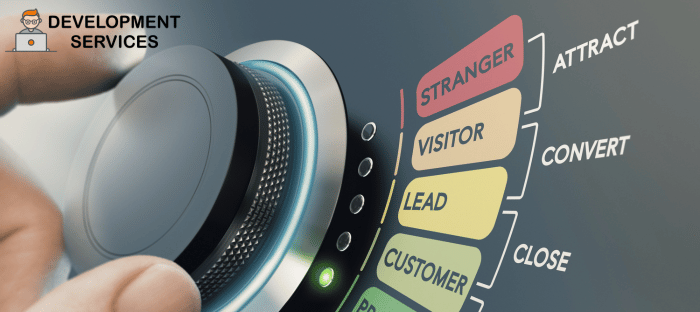
As your business grows and evolves, your customer base will expand, your sales processes will become more complex, and the amount of data you’ll need to manage will multiply. This is where Customer Relationship Management (CRM) software comes in. CRM software allows businesses to manage all of their customer data, interactions, and operations from one place. However, choosing the right CRM software can be daunting. This ultimate guide aims to demystify the process and help you make the best decision for your business.
Understanding Your Business Needs
The first step in choosing a CRM is understanding what you want the software to do for your business. What are the main pain points in your current process? What specific features would you like to have? Make a list of your requirements and prioritize them. This will be your guide as you evaluate different software.
Types of CRM Software
There are three main types of CRM software:
- Operational CRM: Focuses on streamlining and automating sales, marketing, and customer service processes.
- Analytical CRM: Emphasizes gathering and analyzing customer data to generate insights that inform business decisions.
- Collaborative CRM: Designed to improve communication and collaboration between teams, departments, and external partners.
Your business needs will dictate the type of CRM that best suits you.
Key Features to Consider
Most CRM software will include a core set of features, but the specifics can vary. Here are some key features to consider:
- Contact Management: Allows you to track all interactions with customers, including emails, calls, and meetings.
- Task Automation: Automates repetitive tasks, such as sending follow-up emails or updating contact records.
- Reporting and Analytics: Provides detailed reports and analytics to help you make data-driven decisions.
- Integration: Integrates with other software and tools that you use, such as email marketing platforms or accounting software.
- Mobile Accessibility: Allows you to access your CRM on mobile devices, so you can work from anywhere.
Budgeting for Your CRM
While it’s important to find a CRM with the features you need, you must also consider your budget. CRM software can range from free versions with limited features to premium options that cost thousands per month. Be sure to account for any additional costs, such as training, implementation, and ongoing maintenance.
Evaluating CRM Vendors
Once you’ve narrowed down your choices, take some time to research each CRM vendor. Look at their reputation, customer reviews, support services, and any additional resources they offer. A vendor with a strong track record and excellent customer support will be a valuable partner in your CRM journey.
Taking a Test Drive
Most CRM vendors offer free trials or demos, which give you an opportunity to test out the software and see if it fits your needs. Use this time to explore the features, assess the user interface, and see how the software performs in real-world scenarios.
Choosing the right CRM software for your business is a critical decision. By understanding your needs, knowing what to look for, and taking the time to evaluate your options, you can find a CRM that will support your business now and into the future. Remember, a CRM system is more than just a tool – it’s an investment in your business’s growth and success.